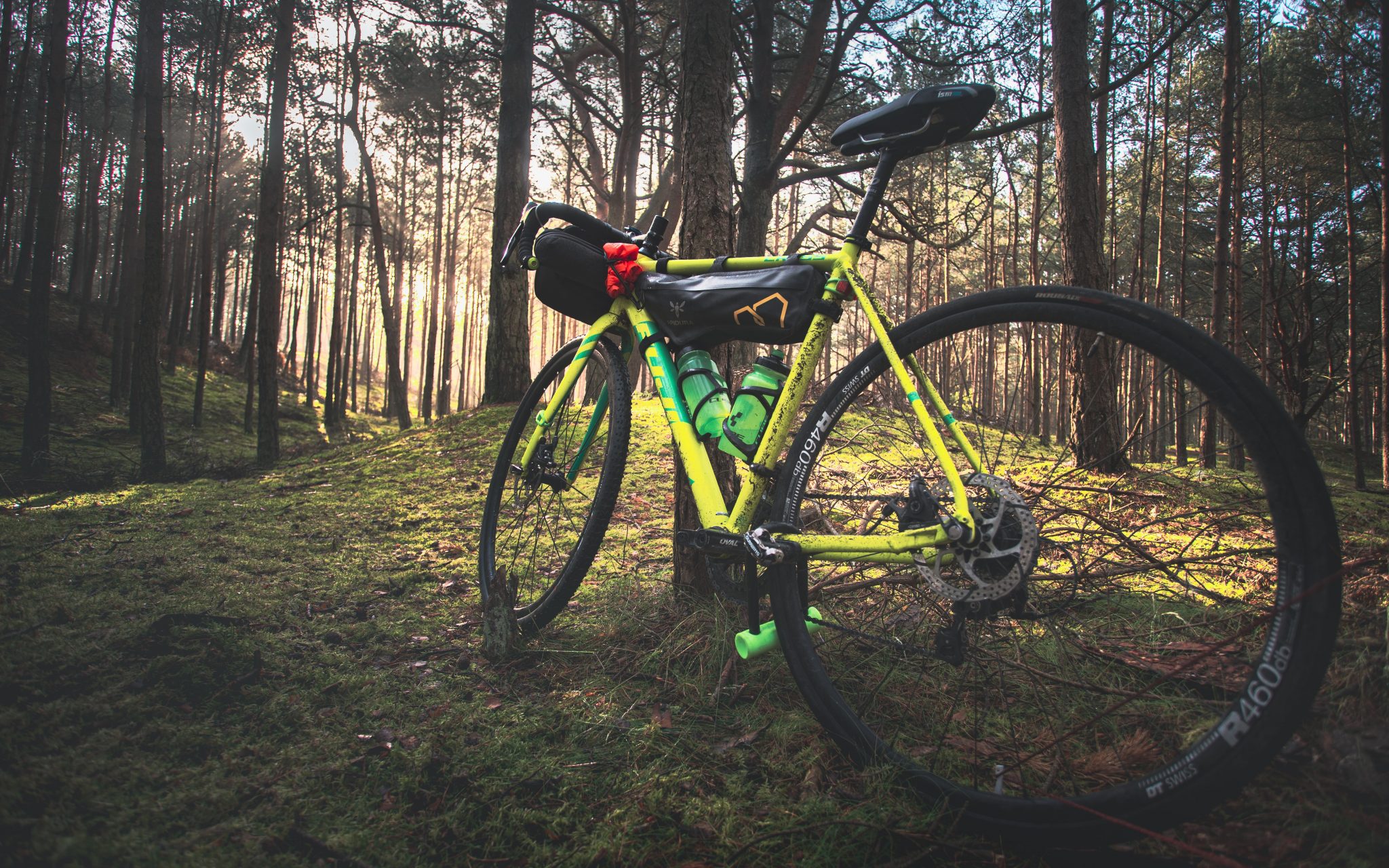The thrilling sport of mountain biking takes you across beautiful landscapes, peaceful streams, and unpredictable terrain. Mountain Bikers get to witness surreal scenarios while enjoying their favorite sports. The sport requires excellent focus and massive endurance.
Nonetheless, with the perfect gear and excellent skills, one can enjoy all the thrills mountain biking has to offer. No matter how challenging it may seem, mountain biking enthusiasts go to extreme lengths to experience adventurous rides. Here are 6 vital tips that can aid you in your mountain biking journey while avoiding all kinds of hassles.
Body Positioning
Maintaining the right posture can assist you in maneuvering the bike through rough and rocky tracks. The technique behind a smooth ride is changing your stance according to the needs of the pitch. Always keep the center of gravity in check when on your bike. In an upward track, lean forward shifting the center of gravity onto the rear wheel. Similarly, if you are riding downwards, focus your weight on the back end, keeping the center of gravity on the front wheel. These posture adjustments will prevent you from falling. You should also try tilting your body when turning for better steering at fast speeds.
Don’t Be Rigid Like The Track
It might feel safer to have a firm grip on those handlebars, especially if you are riding a down trail. But sometimes, it is better just to let your bike do the work. Having a solid grip on the handle will only tire your muscles. Allowing your bike to move more freely (passive riding) on downhill tracks and other technical terrains will not only help save your stamina but also minimize the wear and tear of your bike. Forcing your bike around rugged landscapes can damage its suspensions and damage other mechanical parts. Ensure a comfortable grip on the bike to avoid causing any damage to it and keep it in the best shape.
Choose the Right Suspension
Taking rigid bikes on rough mountain trails as is a rookie yet dangerous mistake. As newbie mountain bikers, you must have a front suspension fork on your bike for smooth rides, even on rocky tracks. On the mountainous rocky trails, full-suspension or hardtail bikes perform best.
You should also know the logistics of adjusting the suspension sag and rebound according to your weight and riding style. These adjustments can help minimize the shock effect, ensuring a comfortable ride. You can check the suspension rebound by pressing into the bike with your arms and feet.
Know Your Gear Shifts
Most beginner mountain bikers don’t know the tactics behind the gear shift. They either shift too soon, or they don’t remember shifting at all. As a result, they have to go through the struggle of pedaling on hardened gears on upward tracks. In a climbing track, you should downshift right before the ascent starts for effortless pedaling. The professionals behind www.mountainbikereport.com warn against shifting gears when you are halfway through the climb as this can cause the gears to strain. In a straight, less bumpy track, you should prefer shifting into better gears to increase your speed.
Focus On The Destination
One of the basic principles of mountain biking is always to keep your eyes on the target. You should map out your passage through the rocky terrain without paying focus on any obstacle specifically. If you keep staring at the hurdle that you want to avoid, there is a high chance that you will drive into it. This irony is a common psychological concept known as target fixation. The professional approach is to keep your vision on the desired path while being wary of the surrounding obstacles.
Adjust Your Speeds
You have to be good at keeping a steady and appropriate momentum, which is precisely where most beginners go wrong. They fail to build up enough momentum causing them to get toppled over at challenging trails.
Velocity can help you make hard turns with minimal effort. By building enough speed, you can even ride past tricky sections of the terrain with much ease, saving up more stamina. Similarly, you must also know when to keep the bike slow. Rely on your guts and be confident when taking tight turns or ascending steep climbs.
Take into account these essential tips before setting out on a mountain bikers adventure. It is a no-brainer that practice makes you perfect. Keeping these points in mind can help boost your riding skills and give you the knowledge required to make critical decisions during your biking journey.


